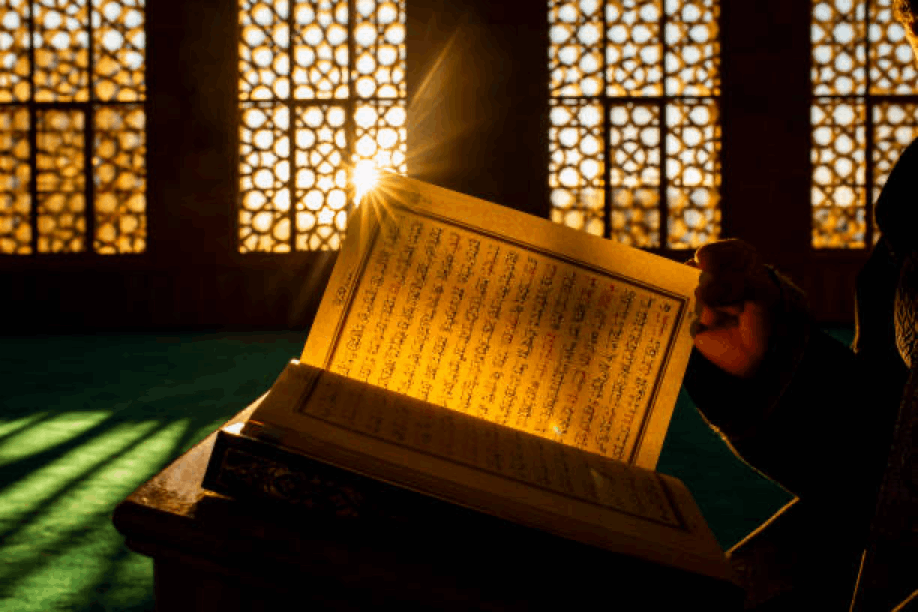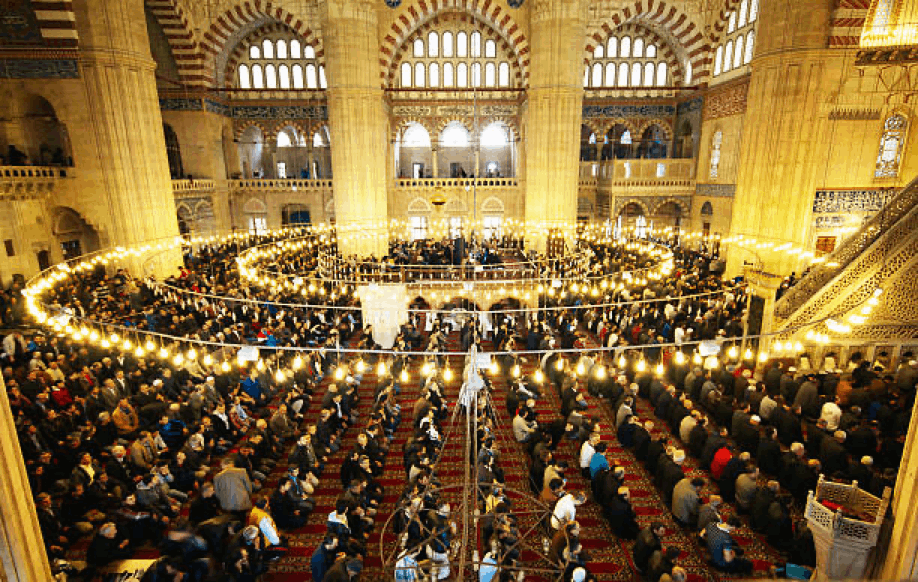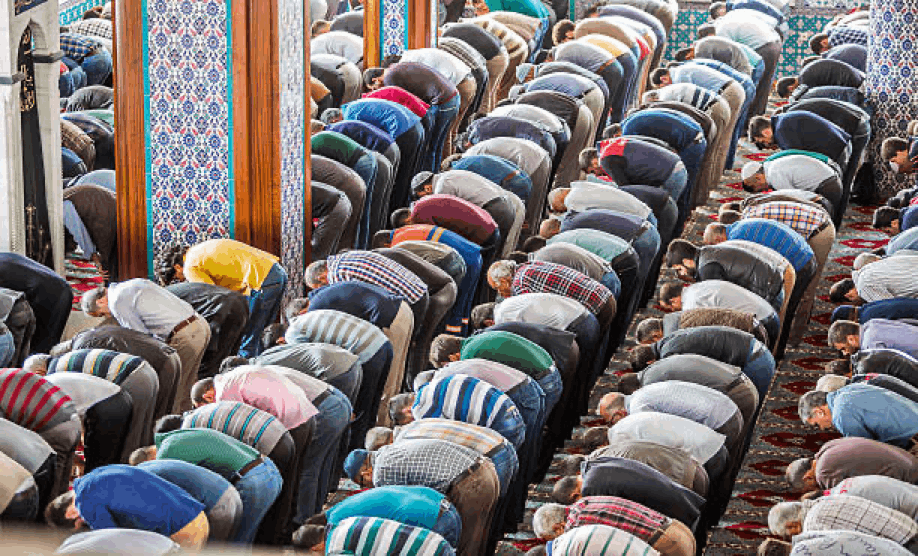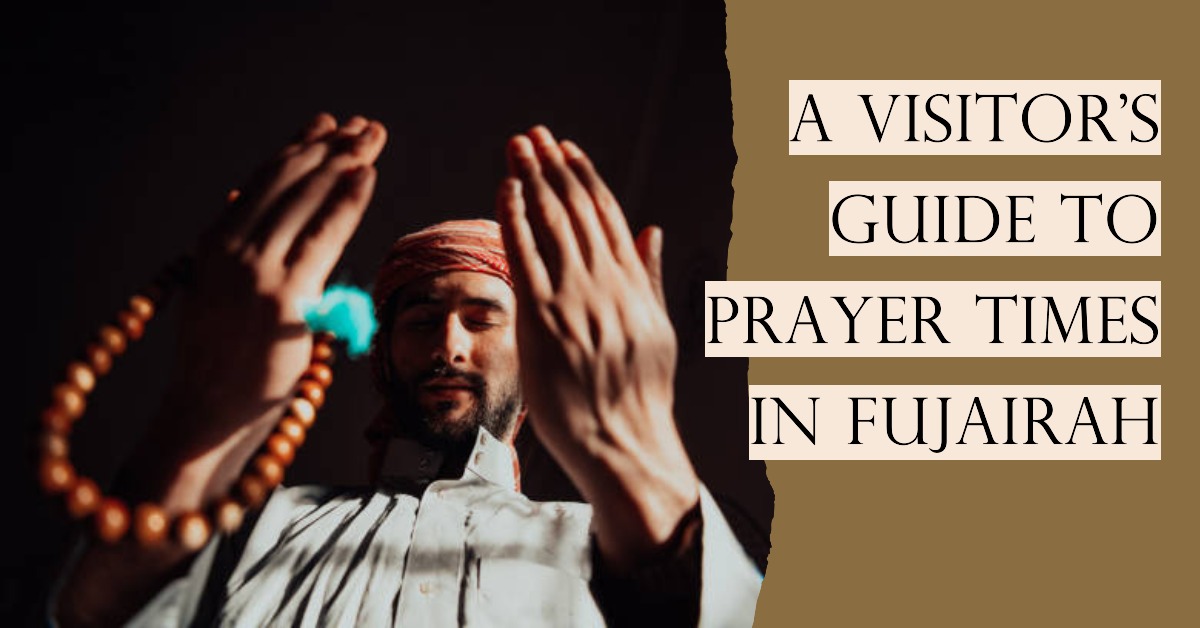Fujairah is a peaceful place on the east side of the United Arab Emirates. It’s full of pretty views and old traditions. If you follow Islam and visit, you know praying on time is important daily.
When you’re in Fujairah, the prayer times might differ from what you’re used to. It’s because these times change based on where the sun is. But don’t worry. You can easily find the schedule at hotels, mosques, or online.
You’ll also see that people in Fujairah take their prayer times seriously, stopping what they do to pray. It’s a good idea to plan your day around these times, as some shops may close briefly. Joining the locals for prayer is a great way to experience the culture here. Always remember to dress modestly, especially when you go to the mosque. Enjoy your time in Fujairah, and may your travels enrich your faith!
Understanding Prayer Times in Fujairah

Prayer times in Fujairah, as in the rest of the Islamic world, are determined by the sun’s position. The day is divided into five prayer sessions:
- Fajr: The dawn prayer, which is performed before sunrise.
- Dhuhr: The noon prayer, which comes after the sun has passed its zenith.
- Asr: The afternoon prayer, which is said later in the day.
- Maghrib: The evening prayer, which is displayed just after sunset.
- Isha: The night prayer, which is performed between sunset and midnight.
For example, on a typical day, such as November 7, 2023, the prayer times in Fujairah are as follows:
- Fajr: 5:05 AM
- Sunrise: 6:20 AM
- Dhuhr: 12:05 PM
- Asr: 3:13 PM
- Maghrib: 5:32 PM
- Isha: 7:02 PM
These times vary slightly throughout the year, so it’s always best to check a reliable source like Khaleej Times or Times Prayer for the most accurate information.
The Significance of the Adhan

Imagine you’re in a city where, five times a day, a special and beautiful reminder fills the air, calling people to take a break and think about their faith. This is the Adhan or call to prayer. Someone called a muezzin says it from a tall tower in the mosque. They start with words that mean “God is the greatest” and include a message like “Come to pray.” It’s not just about telling time; it’s about giving everyone a moment to breathe and feel connected to something bigger. It’s a practice that’s both ancient and very important for many people today. If you ever hear it, take a moment to listen – it’s quite special!
Performing Salah
Salah, the Islamic prayer, is a structured activity that includes standing, bowing, prostrating, and sitting. Each movement has its significance and benefits, contributing to both spiritual and physical well-being. For instance, the act of Sajdah (prostration) not only signifies submission to the divine but also promotes blood flow to the brain.
Places of Worship

In Fujairah, Muslims are free to pray in many places. Still, mosques offer peaceful spots for everyone to come together and pray. The Friday prayer, called Jumuah, is really special. On Fridays, Muslims go to the mosque for Jumuah instead of their regular midday prayer. This time is extra meaningful because there’s also a talk that gives them something to think about, and it’s a chance for everyone in the community to meet and connect. If you’re in Fujairah on a Friday, visiting a mosque could be a beautiful way to see this community spirit.
Practical Tips for Visitors
When planning to visit Fujairah or any other place for worship, it’s important to be mindful of the local customs:
- Dress modestly when entering a mosque.
- Check the local prayer times, as they can vary slightly from one region to another.
- Be respectful of the Adhan and those who are performing their prayers.
Embracing the Spiritual Rhythm of Fujairah
For those looking to immerse themselves in the spiritual life of Fujairah, embracing the rhythm of the prayer times is a profound experience. The discipline of Salah fosters a sense of peace and continuity, which is especially comforting when away from home. Here are some additional insights for visitors:
The Role of Nature in Prayer Times

Fujairah’s beauty is breathtaking, from when the sun peeks above the horizon to when it dips down again. But it’s more than just a pretty scene for pictures. The times when the sun rises and sets are special here. They set the schedule for when people pray every day. When you visit, paying attention to these prayer times is a lovely way to feel a deeper connection with the place. It’s like your spirit dances to the same slow, steady rhythm as the world around you. So, take a moment to notice this natural clock. It’s a peaceful, heartwarming experience that can make your visit unforgettable.
Finding Solace in Congregation
For many, the true essence of prayer in Fujairah is found in the communal experience. Mosques like the historic Al Bidyah Mosque offer a chance to pray with locals, providing a sense of belonging and community. The shared moments of worship are a powerful testament to the unifying force of faith.
The Five Pillars of Islam in Practice
Prayer times in Fujairah are a practical expression of one of the Five Pillars of Islam—Salah. Witnessing or participating in these prayers is a reminder of the foundational aspects of the Islamic faith, which also include Shahada (faith), Zakat (charity), Sawm (fasting during Ramadan), and Hajj (pilgrimage to Mecca).
Respecting the Call to Prayer
When the Adhan sounds, it’s a sign for Muslims to prepare for prayer and for visitors to show respect. It’s customary to pause conversations and activities, allowing those who wish to pray to do so without disturbance.
Cultural Sensitivity and Inclusivity
Fujairah is a place where cultural sensitivity goes hand in hand with inclusivity. Non-Muslim visitors are often welcome to observe prayers and even to enter mosques outside of prayer times, provided they follow the guidelines for respectful behavior.
In summary, the prayer times in Fujairah are not just markers of time but are integral to the spiritual and communal life of the city. Whether you are a practicing Muslim or a visitor interested in cultural experiences, the prayer times offer a moment to reflect, connect, and respect the traditions deeply woven into this emirate’s identity.
Conclusion
In conclusion, understanding and observing the prayer times in Fujairah is an integral part of the cultural experience for Muslim visitors. It reflects a commitment to faith that seamlessly integrates with the daily rhythms of life in this beautiful emirate. If you travel from Dubai to Fujairah, visiting mosques and performing prayer will satisfy your soul.


